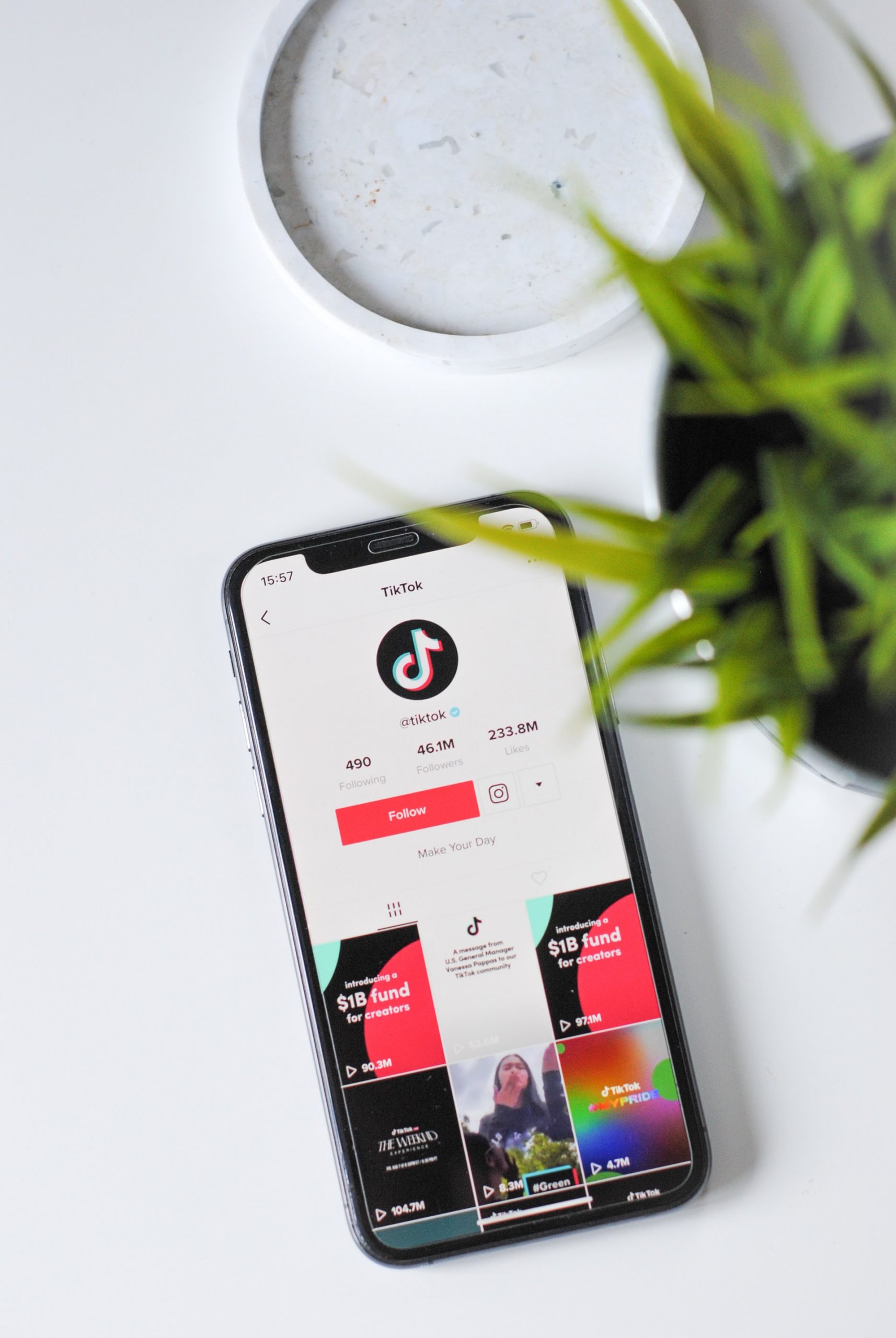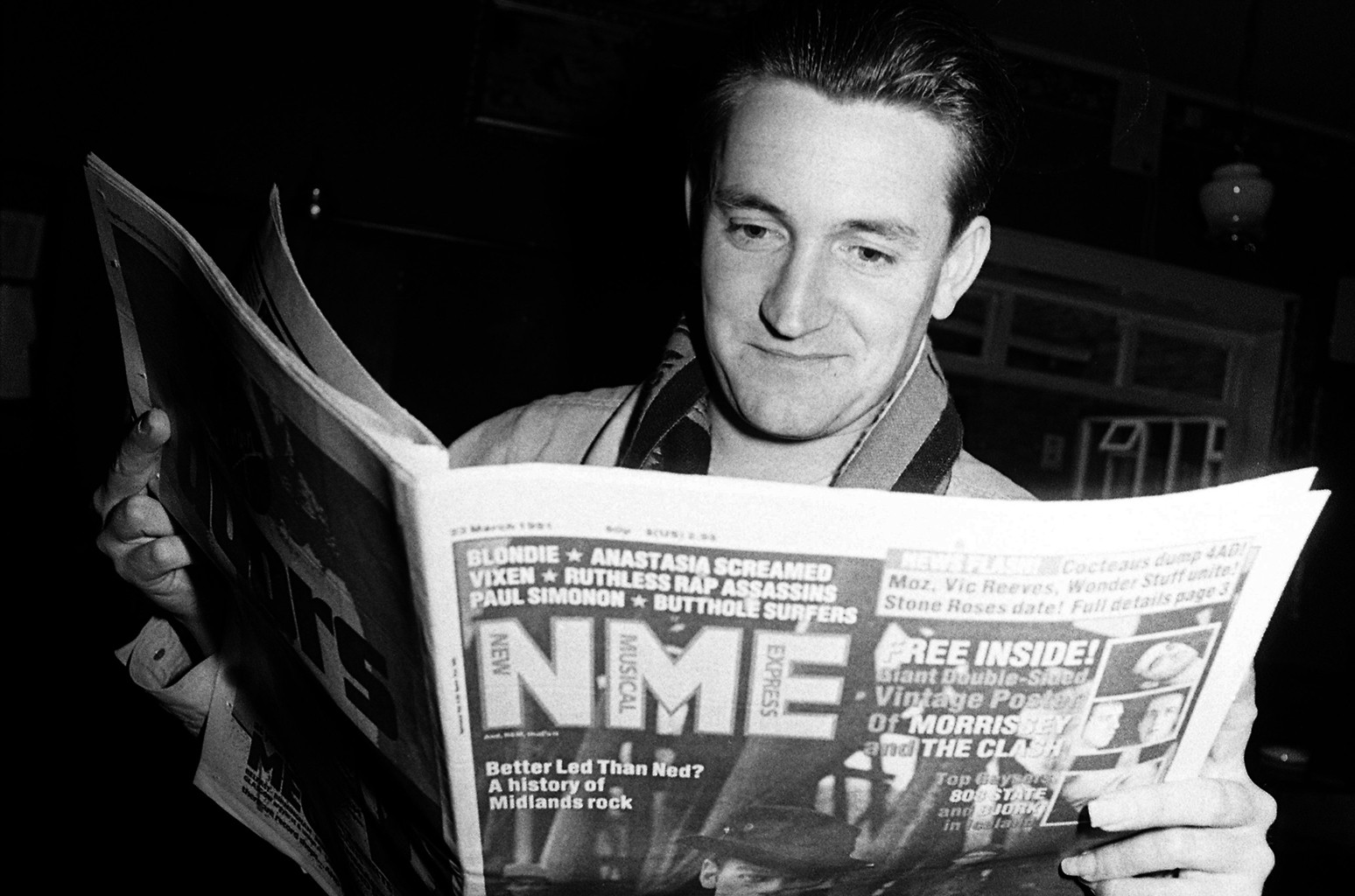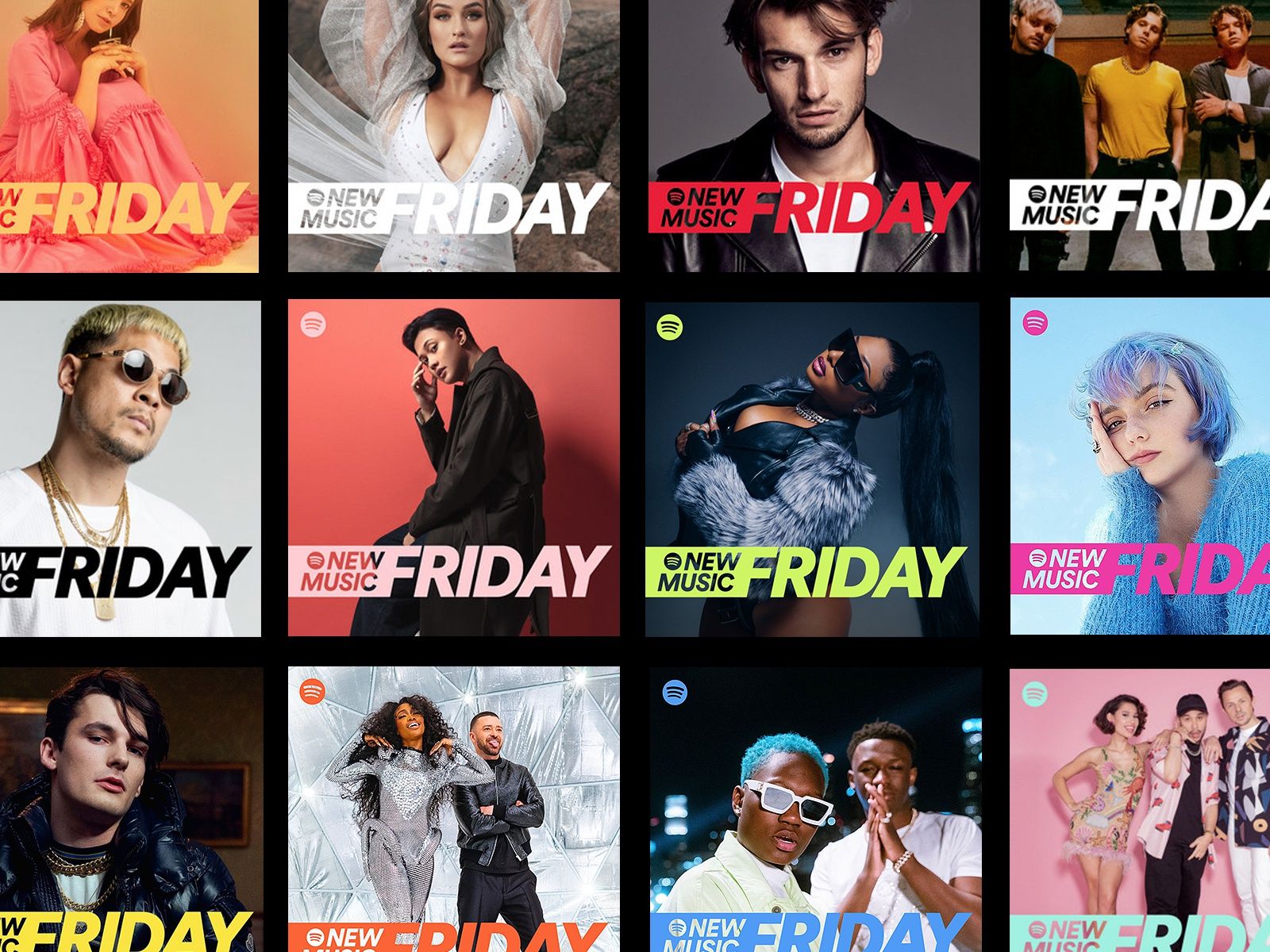How A Viral Song On TikTok Turned Into An Artist’s Worst Nightmare
“An artist blowing up on TikTok is the most vulnerable person ever”
– Caleb Hearn
For many musicians, beat leasing is both a blessing and a curse. Producers who create beats usually let musicians borrow these beats for a small fee. Musicians then use the beats as the basis for their songs. The issue arises when songs go viral and the artist doesn’t have a clue about copyright law.
Musician Caleb Hearn learned this the hard way after his song went viral, and his dream turned into a complete nightmare.
Caleb Hearn’s TikTok Story
After the death of his best friend, Caleb Hearn wrote “Always Be” as a cathartic experience. Seems pretty straightforward, right? However, Hearn used a piano instrumental he found on the internet as the song’s foundation.
When Hearn released the song on the 4th of December 2020, it started gaining traction and receiving positive feedback from music fans and industry folk alike.
Justin Goldman – who co-runs the label, management and publishing company ’94 Sounds – reached out to Hearn. He offered to help Hearn reach mainstream success. However, the conversation took a wrong turn when Goldman learned that Hearn already had a manager. What’s more – the singer learned that Goldman had bought the piano instrumental that formed the basis of “Always Be”.
Days of failed negotiations followed. Hearn called Goldman out on TikTok. In this same video, he announced that he’s releasing another version of “Always Be”, featuring a completely different instrumental.
This video went viral – reaching 10 million views in less than 24 hours. Goldman claimed that, as a result of the video, he started receiving death threats.
It’s not the first time that Goldman and ’94 Sounds bought the beats underpinning viral songs.
In the past two years alone, at least three artists called Goldman out. However, Goldman claims that this is just his way of doing business. He also insists that he’s just ensuring that producers get the money that they deserve.
Two artists – Lil Xxel and Jaah SLT – have been sued by ’94 Sounds and are currently fighting for the instrumentals of their viral hits.
Lil Xxel’s manager had paid for the beat of the artist’s viral song LMK. Jaah SLT had rented the instrumental for Tuff. Lawyers representing Lil Xxel and Jaah SLT are claiming that the two artists had leased/bought the instrumentals. However, Goldman claims that since he bought the beats/instrumental directly from the producer, the non-exclusive licences are invalid.
’94 Sounds isn’t the only company in the game that’s suing artists after they go viral. Other music companies are also employing buyout tactics to make money off the back of viral hits. These companies track viral songs on TikTok and identify the producer of the underlying beat.
When the song eventually goes viral, these companies swoop in, initially offering a deal to the artist. If the artist refuses, they target producers, who, after realising that their beat went viral, naturally want to make some money out of the viral hit.
How do beat leasing agreements work?
Some amateur artists use beats without even knowing that they should ask for the producer’s permission to use them. Others pay a modest licencing – or beat leasing – fee. This, however, means that they don’t own the instrumental as they’re simply renting it.
These agreements are non-exclusive – the producer essentially makes money by leasing the same instrumental to several different musicians. If the song’s not a commercial hit, this agreement usually suffices. However, when a song hits the jackpot, a tonne of copyright and ownership issues start cropping up.
Copyright Law 101
These cases continue to highlight the need for a more robust set of laws relating to copyright. At the time of writing, copyright law employs a one-size-fits-all approach, without taking into account the latest developments in technology and social media-driven virality.
The current copyright law enables musicians to record other artist’s songs by simply paying the songwriting or mechanical royalties.
Recording a cover is easy. However, incorporating a part of someone else’s song or instrumental into your own could lead to a very expensive court case.
Therefore, in an age where virality is the name of the game, artists – especially those who are just starting out – need to become well-versed in music industry practices to avoid any legal troubles later down the line.
To avoid such troubles we would recommend checking out our friends over at Shout 4 – they offer deal-making software that protects you and your music, as well as allowing you to revenue share with your collaborators without spending hundreds or thousands on legal fees.
Photo by Hello I’m Nik on Unsplash






